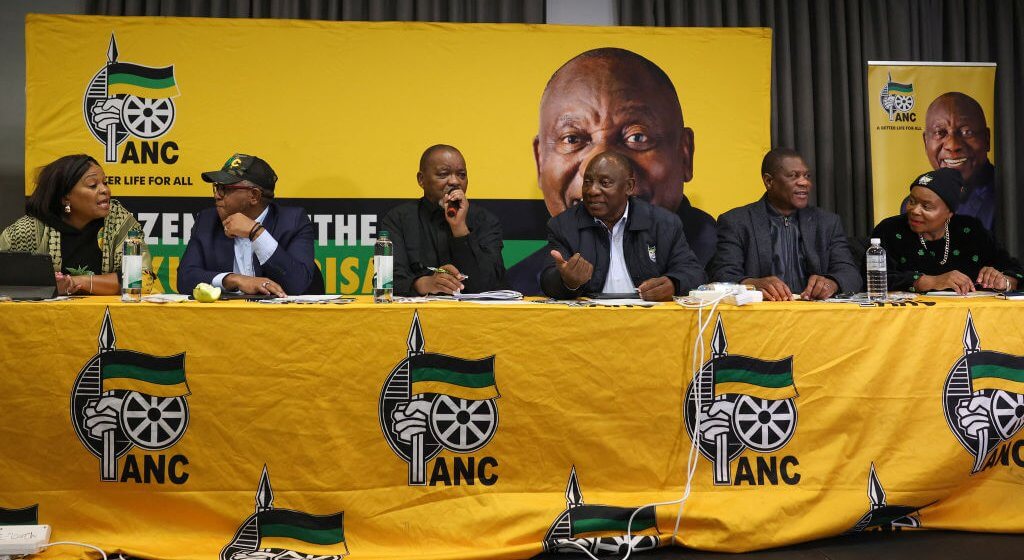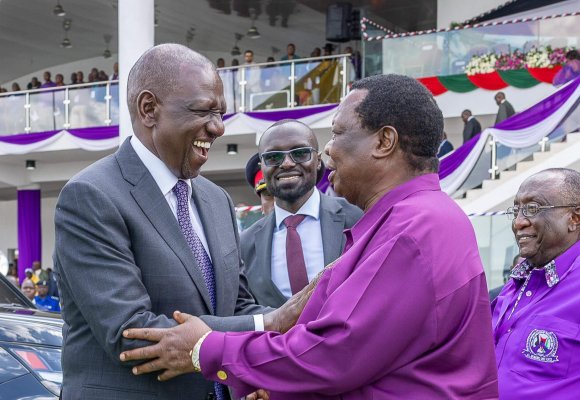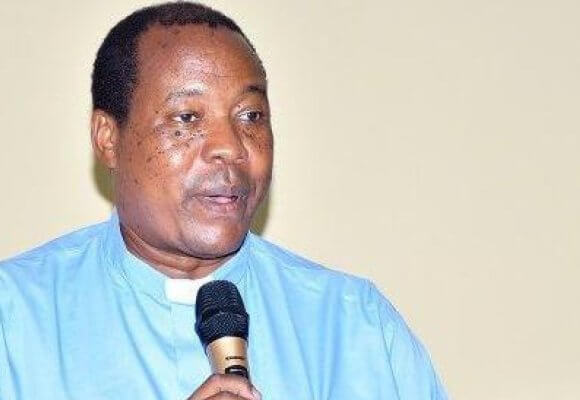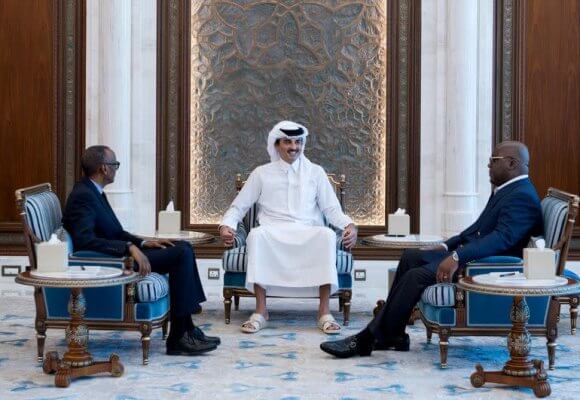|
LISTEN TO THIS THE AFRICANA VOICE ARTICLE NOW
Getting your Trinity Audio player ready...
|
The African National Congress (ANC) Wednesday proposed the formation of a government of national unity after losing its parliamentary majority in last week’s elections. This is a major shift in South Africa’s political landscape since the ANC’s historic victory in the first democratic elections post-apartheid in 1994.
The ANC, which secured approximately 40% of the vote, said it has reached out to various political parties to negotiate potential coalitions. The centre-right Democratic Alliance (DA) garnered 22%, the MK party of former President Jacob Zuma achieved 15%, and the radical Economic Freedom Fighters (EFF) of Julius Malema received 9% of the vote. These results reflect a fragmented electorate, necessitating coalition-building under South Africa’s proportional representation system, where a government must be formed by parties collectively surpassing 50% of the vote.
“The results indicate that South Africans want all parties to work together,” ANC spokesperson Mahlengi Bhengu-Motsiri told journalists. She said the party is willing to collaborate with the DA, EFF, and other smaller parties. Despite the ongoing negotiations there was no positive response yet from the MK party.
Ms. Bhengu-Motsiri said there is urgency of resolving these discussions, as parliament convenes in less than two weeks, with the immediate priority being the election of a president to form the next government.
Speculation is rife in South Africa about potential coalitions. A government of national unity would allow the ANC to navigate the complex dynamics of coalition politics. Partnering with the DA could provoke backlash from ANC activists who perceive the DA as representing white minority interests—a charge the DA denies. Additionally, the DA opposes two of the ANC’s key policies: the black empowerment program aimed at rectifying economic disparities from apartheid and the National Health Insurance (NHI) Bill, which promises universal healthcare.
Conversely, aligning with the radical factions of MK or the EFF could unsettle the business community due to their stances on land expropriation without compensation and nationalization of the mining sector. The personal animosity between President Cyril Ramaphosa and Jacob Zuma further complicates any potential alliance with MK. Zuma has expressed willingness to cooperate with the ANC only if it appoints a new leader, a condition the ANC has rejected.
Despite these challenges, Ms. Bhengu-Motsiri remained optimistic. “We believe that despite any differences, working together as South Africans, we can seize this moment to usher our country into a new era of hope,” she said. The ultimate decision rests with the ANC’s national executive committee, which is set to meet on Thursday.











LEAVE A COMMENT
You must be logged in to post a comment.